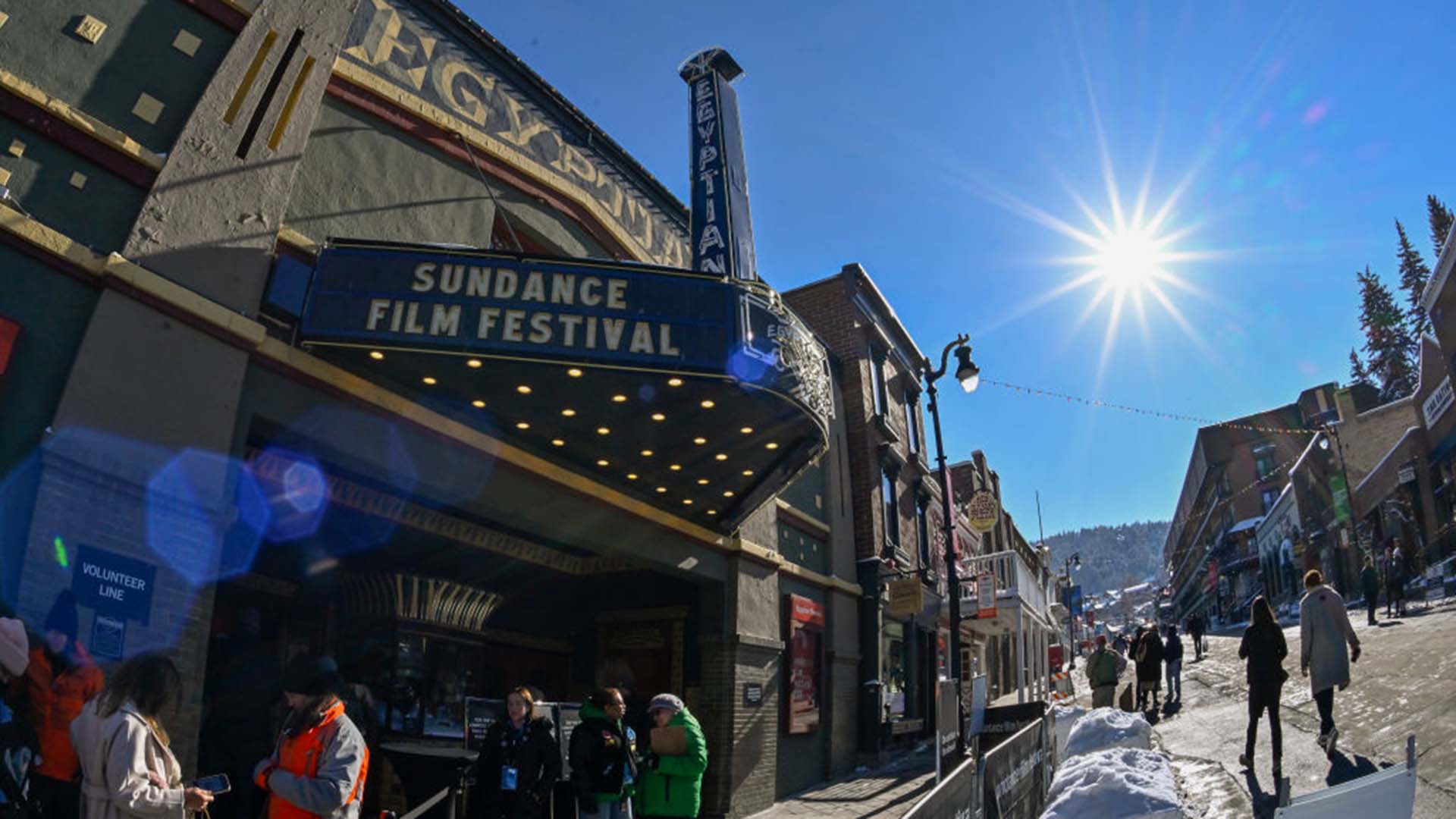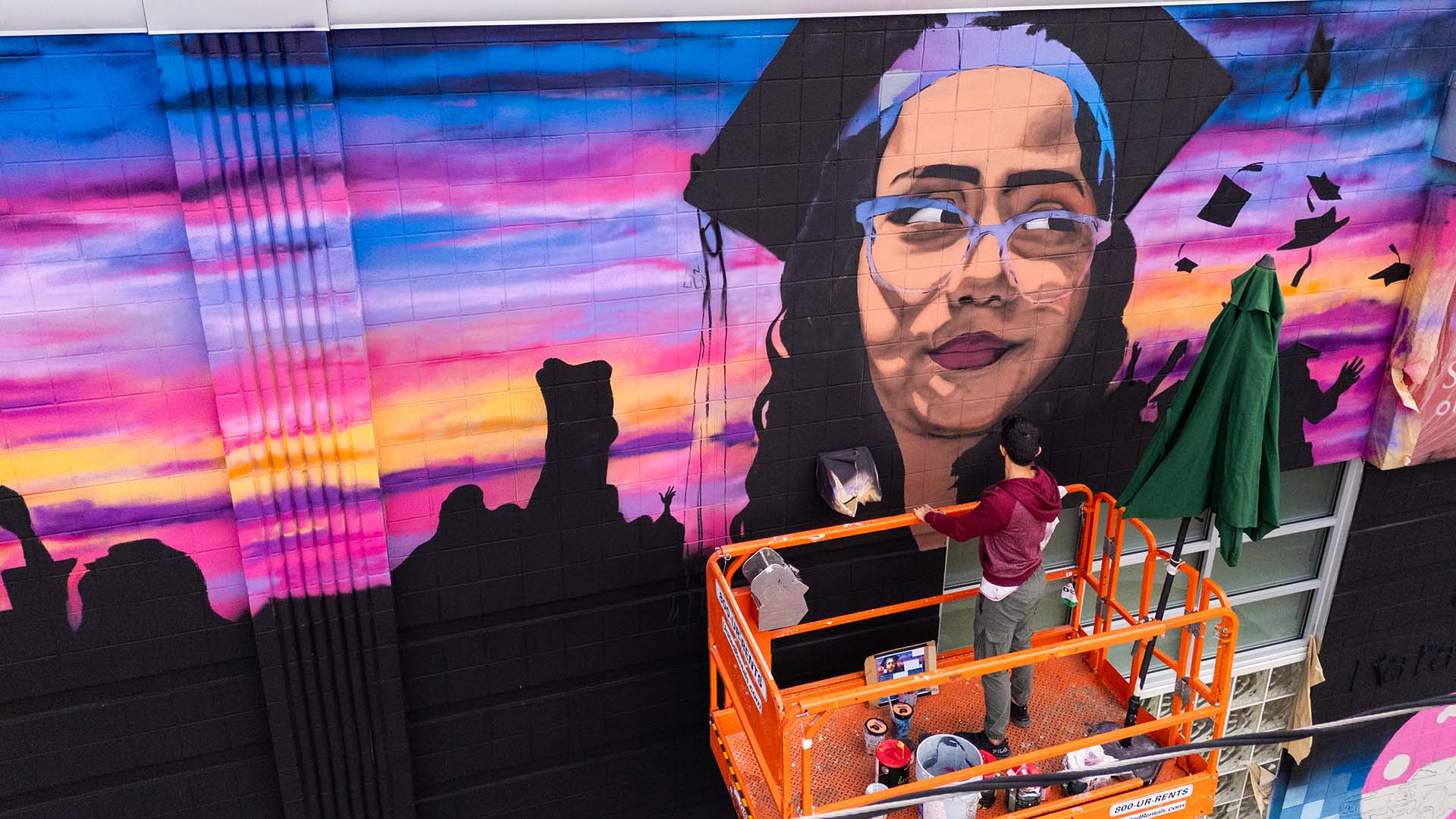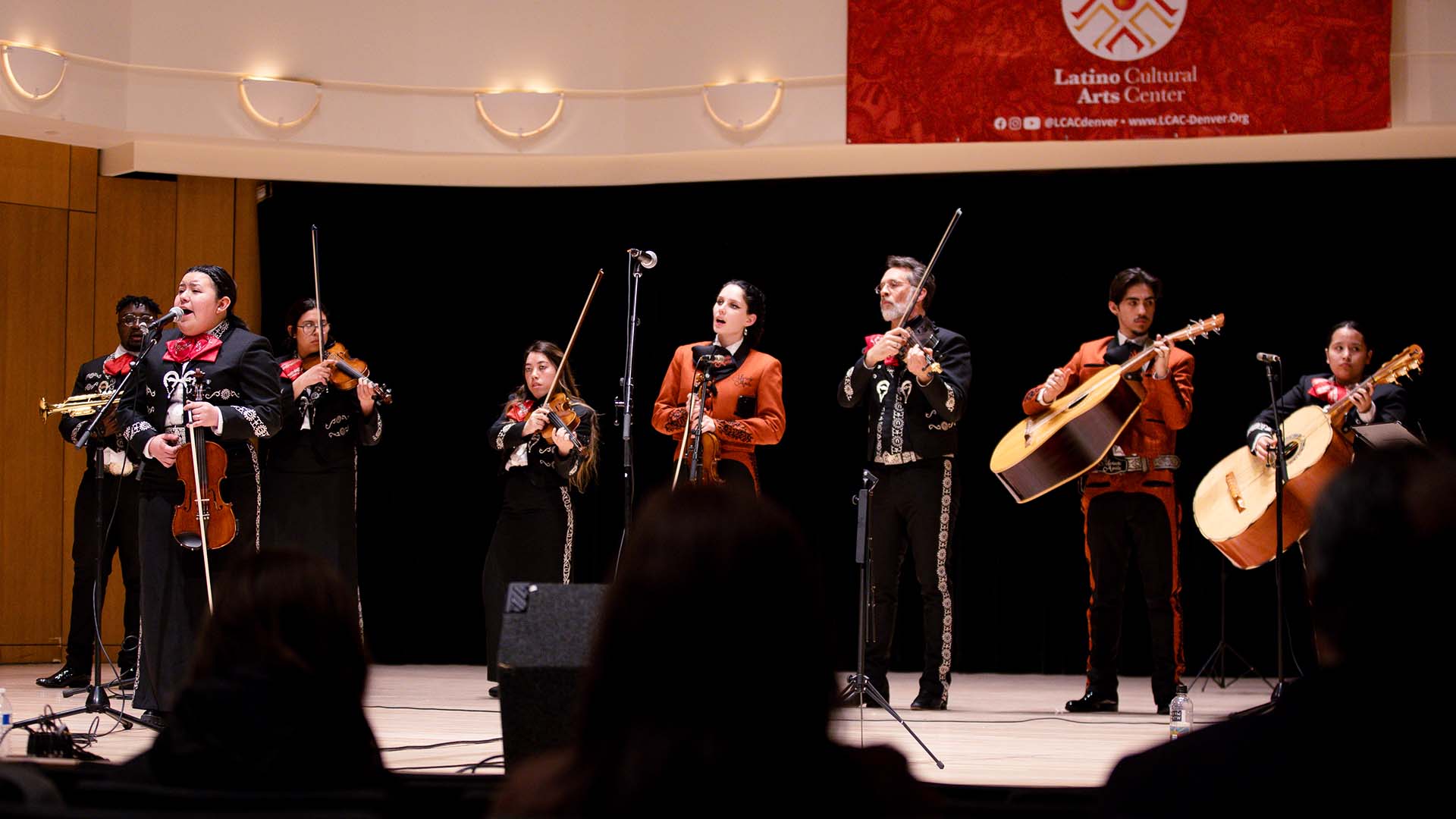How Colorado scored Sundance and major indie-film cred
The iconic festival is moving to Boulder in 2027; here’s everything you need to know about its ripple effects.

It’s cultured. It’s cool. And in two years, it’s coming to Colorado.
When news first emerged that the Sundance Film Festival had outgrown its original home in Park City, Utah, several cities vied to be the new host. But Boulder clinched the deal and will start a 10-year run of hosting the festival in 2027.
RED spoke with Vincent Piturro, Ph.D., professor of Film and Media Studies at Metropolitan State University of Denver, about the news that has cinephiles celebrating across Colorado.
So Sundance’s new home will be in Boulder. Initial thoughts?
It’s a huge win. Since it was launched by Robert Redford in 1978, Sundance has grown into the biggest independent film festival in the country. But besides acting as a key showcase for new work from independent filmmakers, it has long been a byword for indie-cinema cool and so carries enormous credibility and social value. Landing Sundance just adds to the growing perception that this state is a true cultural hub and a place worth visiting.
Why do you think Boulder won?
Sundance’s organizers love the idea that they run a small-scale festival in a charming Western town with a mountain backdrop — that’s why they originally chose Park City. But that location really is tiny, and the festival’s growing popularity meant it had become overly exclusive and too expensive to visit.
Boulder fits the bill because — unlike the other two finalists, Salt Lake City and Cincinnati — it genuinely is still a small town. However, it’s also 10 times the size of Park City and so big enough to hold the kind of infrastructure Sundance needs: good viewing venues, nice hotels and restaurants and plenty of rental places.
Another huge point that people aren’t talking about: Boulder has Denver on its doorstep — a large, tourist-friendly city boasting a major airport with excellent links. That in itself makes the festival a much more viable prospect for visitors.
A new state law, HB25-1005 “Tax Incentive for Film Festivals,” meant Colorado could offer Sundance up to $34 million in refundable tax credits over 10 years. Think that also might have helped?
Oh, I’m sure the tax break did no harm! But having said that, Cincinnati was also offering a lot of money, so it was clearly more than that. Honestly, I think that our having a mountain-town setting with the right aesthetics and cultural feel was genuinely very important to the Sundance Institute.
Boulder has a rich history as a lively arts town with a welcoming environment, and its numerous cultural ingredients perfectly complement the ethos of the festival, so everything just seemed to fit. Robert Redford even went to school there!
RELATED: A beginner’s guide to David Lynch
How will Boulder — the town itself — benefit from hosting the festival?
Sundance will attract lots of people and a lot of money over the course of the festival each year, which will bring a welcome shot in the arm to the local economy during a traditionally slow season. Last year, 72,000 people crowded into Park City for the festival and out-of-state visitors spent $106 million in Utah, so the outlook for Boulder and Colorado is very good.
More than that, the Sundance Institute itself is a considerable machine with an office, foundation and youth program, which will create jobs and investment all year round. And you simply can’t overstate the value of being the host town for a globally recognized cultural event. That fact alone will put Boulder on numerous tourism itineraries.
Given Sundance’s legendary reputation and enormous cultural cachet, what might be the broader benefits to Colorado of being associated with the event?
The “Sundance effect” is real. While film production in Colorado has been up and down in recent years, this should change the game and bring a steady stream of productions to the state. After all, we have desert, mountains, cities, towns — everything but the ocean. So maybe no surfing movies, but we’ve got everything else covered. The benefits will be felt across the board.
Independent cinema is really having a moment just now, with numerous crossover successes and awards acclaim. Is this an ideal time to bag such a valuable prize?
Absolutely. Movie production in general is in good shape right now, but smaller-budgeted productions — those made for $50 million or less and largely funded by deep-pocketed streaming apps — are doing really well. These are the kind of movies that will feed perfectly into Sundance, where the added exposure of the new venue will help them find an even bigger platform to show and grow.
Top Film Festivals in ColoradoACT Human Rights Film Festival in Fort Collins, April 2-6 5Point Flagship Festival in Carbondale, April 24-27 SeriesFest in Denver, April 29-May 4 Telluride Film Festival, August/September Aspen Filmfest, September Breckenridge Film Festival, September Denver Film Festival, Oct. 31-Nov. 9 Boulder International Film Festival, April 9-12, 2026 Durango Independent Film Festival, March 4-8, 2026 For a complete list of film festivals, visit Colorado.com.
|
|
Sundance has launched many landmark films — “Reservoir Dogs,” “Get Out,” “Little Miss Sunshine” — over the years. How does it feel to know that future great movies will be premiered within this state?
The arrival of Sundance will have so many positive ripple effects, and one of them will be on me! Knowing that in the future I can just drive up the road from Denver and catch a potentially epoch-making movie is a tantalizing prospect.
Even better, I’ll be able to get access to so many great U.S.-made movies and then bring them back to my classes at MSU Denver, which is fantastic. Our film students are going to be feeling the benefits of Sundance from Day One.
Could more film festivals be attracted to Colorado in the future?
Without a doubt. Gov. (Jared) Polis has explicitly said that Sundance will be “an anchor tenant of an increasingly successful film ecosystem in our state.” So while the new tax incentive will obviously benefit established festivals, such as Telluride and the Denver International Festival, it will also attract and bring financial aid to numerous smaller festivals throughout the year.
Just one example: the ACT Human Rights Film Festival, which takes place annually in Fort Collins over a single weekend. It’s a tiny festival but already dynamic and impressive — a true mouse that roars. Giving that organization a bit of extra funding will have a big impact and really help them to grow and thrive.
Learn about Film and Media Studies at MSU Denver.







